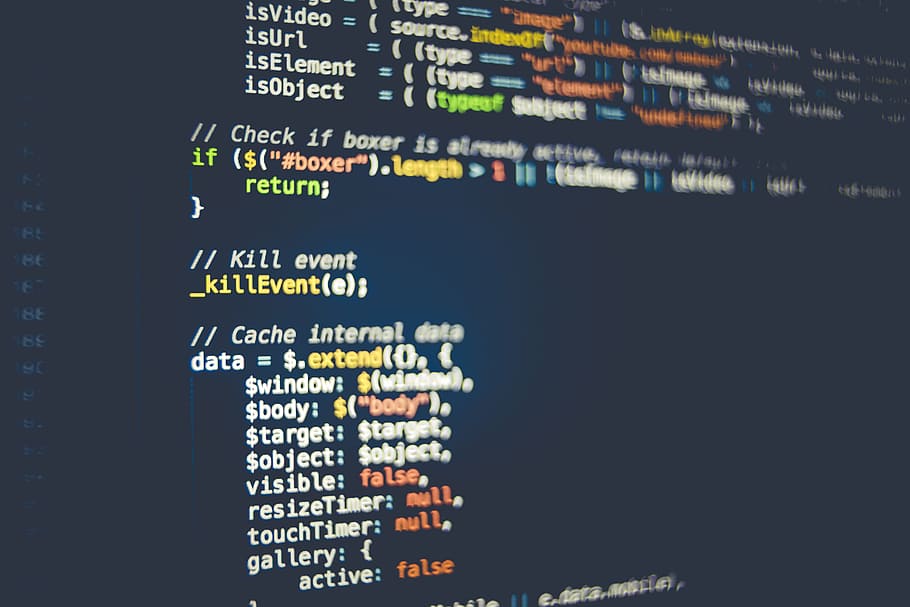Idioms in Python helps in performing a range of tasks. As a programmer, you shall learn this module. Learn more about this Python module in this guide.
Idioms in Python: Dictionary key initializations
Prefer dict.get method if you are not sure if the key is present. It allows you to return a default value if key is not found. The traditional method dict[key] would raise a KeyError exception.
Rather than doing
def add_student():
try:
students['count'] += 1
except KeyError:
students['count'] = 1
Do
def add_student():
students[‘count’] = students.get(‘count’, 0) + 1
Switching variables
To switch the value of two variables you can use tuple unpacking.
x = True
y = False
x, y = y, x
x
False
y
True
Use truth value testing
Python will implicitly convert any object to a Boolean value for testing, so use it wherever possible.
Good examples, using implicit truth testing if attr:
do something
if not attr:
do something
Bad examples, using specific types if attr == 1:
do something
if attr == True:
do something
if attr != '':
do something
If you are looking to specifically check for None, use 'is' or 'is not' if attr is None:
do something
This generally produces more readable code, and is usually much safer when dealing with unexpected types.
Click here for a list of what will be evaluated to False.
Idioms in Python: Test for “main” to avoid unexpected code execution
It is good practice to test the calling program’s name variable before executing your code.
import sys
def main():
Your code starts here
Don't forget to provide a return code return 0
if name == "main":
sys.exit(main())
Using this pattern ensures that your code is only executed when you expect it to be; for example, when you run your file explicitly:
python my_program.py
The benefit, however, comes if you decide to import your file in another program (for example if you are writing it as part of a library). You can then import your file, and the main trap will ensure that no code is executed unexpectedly:
A new program file
import my_program # main() is not run
But you can run main() explicitly if you really want it to run: my_program.main()

